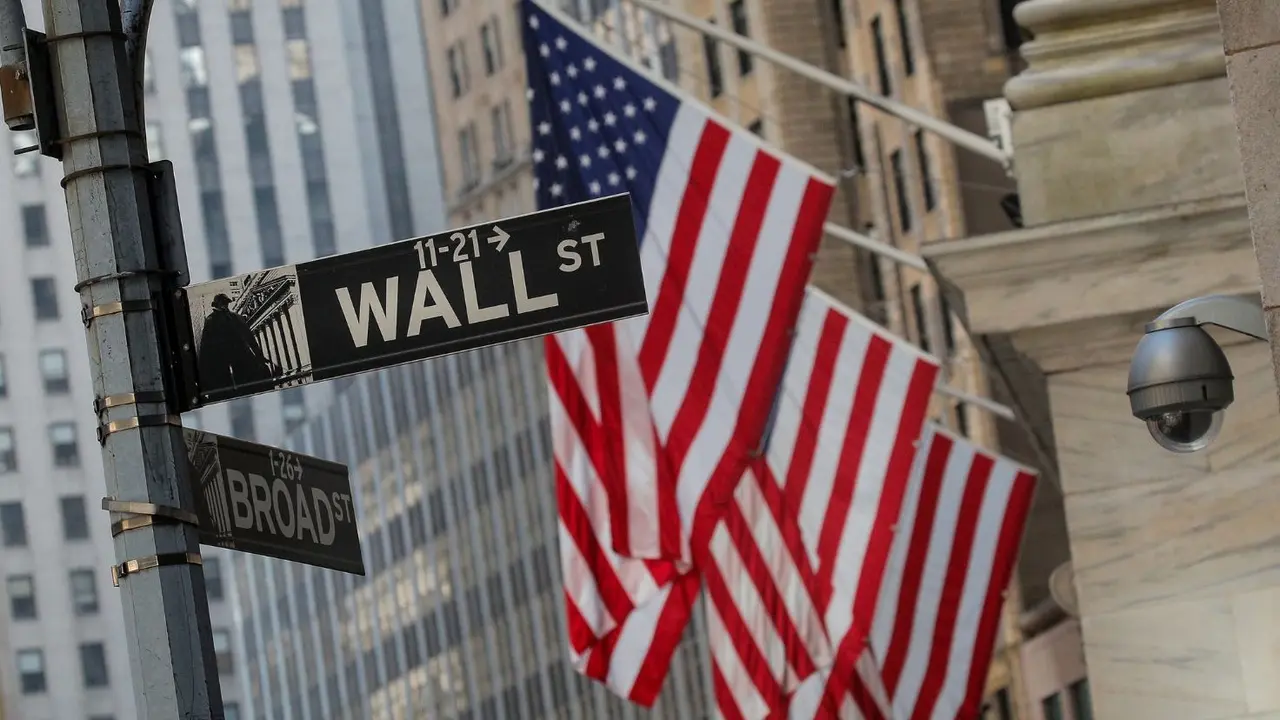Updated 15 April 2025 at 16:01 IST
Global Investors Are Ditching U.S. Stocks at Record Speed — Is a Storm Coming for Wall Street?
Global investors have pulled out of U.S. stocks at an unprecedented rate in the past two months.
- Republic Business
- 4 min read

Global investors have pulled out of U.S. stocks at an unprecedented rate in the past two months, reflecting growing concerns over a potential trade war and its impact on the global economy, according to a recent survey by BofA Global Research.
The survey, conducted with 164 fund managers holding a combined $386 billion in assets, reveals a significant shift in market sentiment as investors reallocate their portfolios away from U.S. equities.
Record Pullback from U.S. Stocks
Respondents to BofA's monthly survey revealed that they are now a net 36% underweight in U.S. equities—the most significant underweight position seen in nearly two years. This marks a dramatic drop of 53 percentage points from February, the largest such shift on record, as per Reuters report. The retreat from U.S. stocks is part of a broader trend where global investors are seeking safer, more stable assets in the face of growing uncertainty.
Trade War and Global Recession Fears
A majority of investors surveyed pointed to a potential trade war as the biggest risk to global markets. The ongoing trade tensions, exacerbated by U.S. President Donald Trump’s aggressive tariff policies, have caused a selloff in U.S. assets, including stocks, the dollar, and Treasury bonds. The fear is that escalating tariffs could lead to a global recession, with 42% of investors expecting such an economic downturn—a level not seen since June 2023 and the fourth-highest in the past two decades.
Advertisement
"Trade wars trigger global recession fears," the survey states, reflecting a consensus that ongoing tensions could lead to major disruptions in the world economy. Despite a brief market rebound on Monday, the S&P 500 index is still down by approximately 8% year-to-date, signalling continued investor uncertainty.
U.S. Exceptionalism and Currency Concerns
One notable shift identified in the survey is the growing belief that "U.S. exceptionalism"—the idea that the U.S. economy is immune to global economic challenges—has peaked. A significant 73% of investors now think this theme has run its course, a sharp contrast to recent months when U.S. markets were seen as the most attractive global investment destination. This shift signals a broader reevaluation of U.S. dominance in the global economy.
Advertisement
Furthermore, 49% of investors said the most crowded trade in the market is now "long gold," surpassing previous bets on U.S. tech giants for the first time in 24 months. This change indicates a growing preference for the safe-haven asset as geopolitical and economic risks continue to mount.
U.S. Dollar Weakness
The survey also highlighted concerns about the U.S. dollar, with 61% of investors expecting the currency to depreciate over the next 12 months—its highest forecast since May 2006. The dollar has already been under pressure in recent weeks, with the euro, Japanese yen, and Swiss franc all showing significant gains against it. This expectation of further dollar weakness suggests a loss of confidence in the currency, as the U.S. government’s policies on tariffs and trade continue to create volatility in global markets.
Looking Ahead
The broader picture emerging from BofA's survey paints a cautious outlook for U.S. assets, particularly stocks and the dollar. The record-level pullback from U.S. equities, combined with fears of a global recession and currency depreciation, indicates that many global investors are bracing for more turbulent times.
As the trade war between the U.S. and other nations continues to evolve, market volatility is expected to remain high, prompting investors to seek refuge in more secure investments like gold and other non-U.S. assets.
Despite the recent market rebound, the general sentiment remains one of caution. The uncertainty surrounding trade relations, the prospect of a global recession, and the shifting dynamics in global currency markets are all contributing to a more risk-averse investment climate. The next few months will be crucial in determining whether these trends persist, or if confidence in the U.S. economy will be restored.
Published By : Anubhav Maurya
Published On: 15 April 2025 at 16:01 IST
